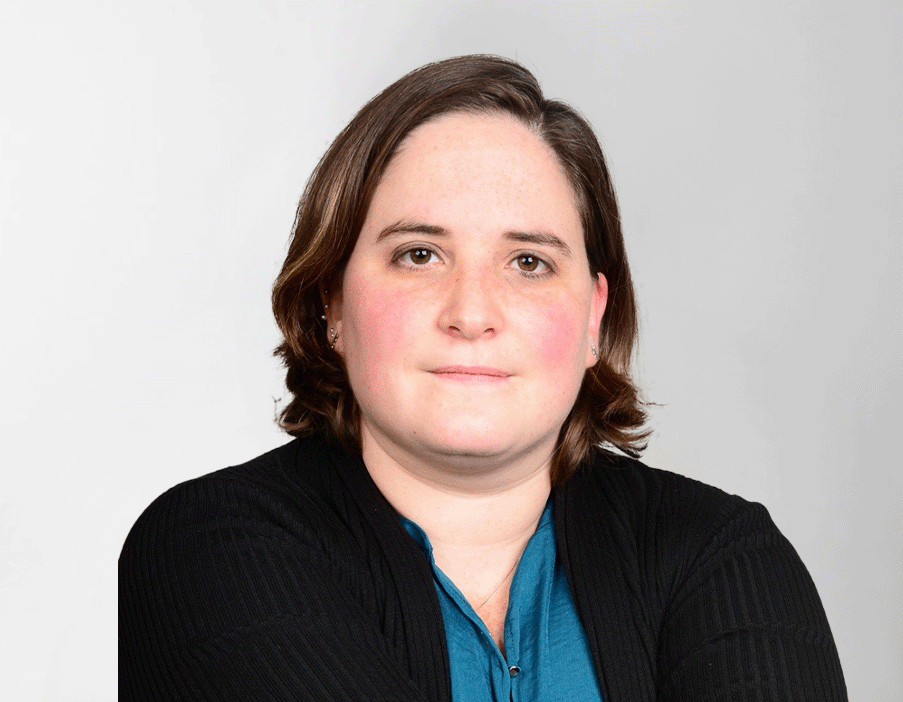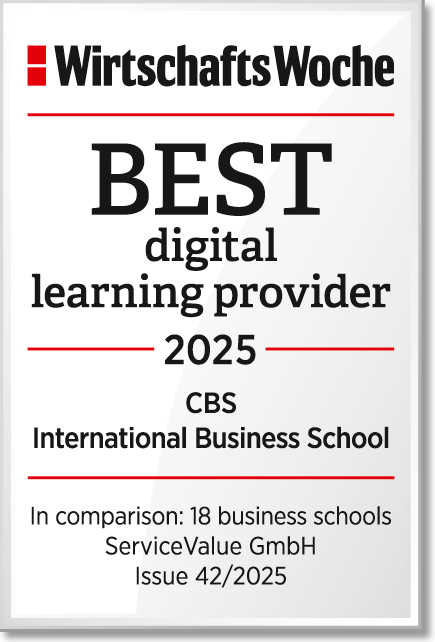Our Bachelor's Programmes in Germany
Individual. Flexible. Future-Proof. – Find the Bachelor’s Programme That Suits You.

Start Your Career with English-Taught Bachelor’s Programmes in Germany at CBS
Bachelor’s degree at CBS University of Applied Sciences is more than just an academic qualification – it is a practice-oriented and career-focused education that provides you with excellent professional opportunities. Choosing a business-related or specialised English Bachelor programme in Germany enables you to understand and shape the dynamics of companies, social institutions, or healthcare organisations.
With a wide range of specialisations and the option to study in German or English, you can tailor your studies to match your interests and career aspirations. Whether you are interested in a traditional management programme, a social science, or a health-related field, CBS offers a degree programme that prepares you for the challenges of the modern job market.
Take this opportunity to shape your future with us!

Flexible Study Models – Full-Time, Dual, or Part-Time
At CBS University of Applied Sciences, we offer flexible study models that adapt to your life and career goals. Whether you choose a full-time, dual, or part-time programme, you can find the model that works best for you.
Get Your Brochure!
Sign up for our newsletter and stay informed about the latest developments at CBS. Whether it’s new study programmes, exciting events, or career tips, you’ll always be up to date!

FAQs about Bachelor studies — Everything you need to know!
Are you interested in studying for a bachelor's degree, but do you still have unanswered questions? Here you'll find answers to the most important questions — from content to requirements. Find out which bachelor's degree programmes suit you and what to expect during your studies!
What is a bachelor's degree?
A bachelor's degree is the first academic degree that you can earn at a college or university. It lays the foundation for a professional career or further studies, such as a master's degree. The study provides basic know-how, methodological expertise and often also practice-oriented experiences.
How does the bachelor's degree work?
A bachelor's degree begins with an introductory phase, which provides students with fundamental knowledge and scientific methods. In the subsequent semesters, students deepen their understanding, share knowledge through collaborative learning, and specialize in specific subject areas by selecting relevant elective modules.
Many degree programmes also include practical phases, projects or internships to test theoretical knowledge in professional application. The courses consist of lectures, seminars, exercises and group work, supplemented by self-study. At the end of their studies, students write a Bachelor thesis, in which they work scientifically on a specific topic. The course concludes with a Final audit. After passing, the bachelor's degree is awarded.
How long does a bachelor's degree last?
A bachelor's degree usually takes six to seven semesters, corresponding to three to three and a half years of study. Depending on the chosen study model, students can opt for full-time, dual, or part-time programmes, each differing in duration and structure.
What can I do with a bachelor's degree?
A bachelor's degree opens up diverse career opportunities. Graduates can either enter the workforce directly or pursue a Master's degree to further qualify. Thanks to practical training and strong corporate networks, students benefit from excellent career prospects.
Is every bachelor's degree recognized by the state?
All CBS bachelor's programmes are state-recognized and accredited, ensuring that the degree is highly respected both in Germany and internationally.
Can I also complete a bachelor's degree without a high school diploma?
A bachelor's degree is also possible without the traditional Abitur. Through alternative admission pathways—such as completed vocational training combined with professional experience, or a relevant Fachhochschulreife—prospective students can gain access to the program. CBS thus offers flexible educational paths, individually tailored to support students' career goals and backgrounds.
What does my salary look like after a bachelor's degree?
The starting salary after a bachelor's degree depends on various factors, including the field of study, the industry, and the location of employment. In Germany, the average starting salary typically ranges between €40,000 and €50,000 per year. Graduates in technical or business-related fields often benefit from higher starting salaries, while those in the social or creative sectors may start at a lower level. As professional experience grows, so does the earning potential, often increasing significantly over time.
Find your perfect place to study for your bachelor's degree
Discover the diverse CBS University of Applied Sciences, with campuses across Germany.
Whether you prefer the vibrancy of a big city or a more regional setting, find the campus that suits you best.
Each location offers a modern campus experience, innovative learning spaces, and exciting career opportunities. Choose the place that aligns with your goals and start your journey towards a successful future.
Your bachelor's degree — right where your potential can unfold.





































.png)




















